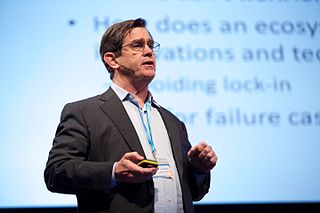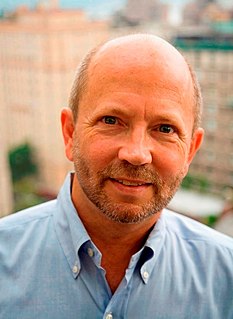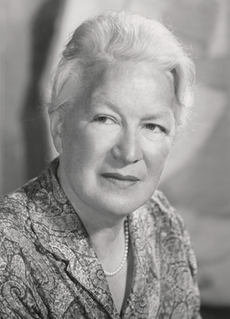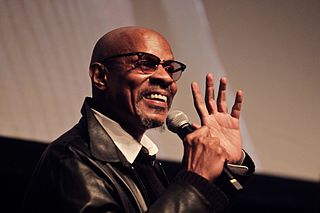A Quote by Henry Chesbrough
No one has a monopoly on knowledge the way that, say, IBM had in the 1960s in computing, or that Bell Labs had through the 1970s in communications. When useful knowledge exists in companies of all sizes and also in universities, non-profits and individual minds, it makes sense to orient your innovation efforts to accessing, building upon and integrating that external knowledge into useful products and services.
Related Quotes
We have heard of a Society for the Diffusion of Useful Knowledge. It is said that knowledge is power, and the like. Methinks there is equal need of a Society for the Diffusion of Useful Ignorance, what we will call Beautiful Knowledge, a knowledge useful in a higher sense: for what is most of our boasted so-called knowledge but a conceit that we know something, which robs us of the advantage of our actual ignorance? What we call knowledge is often our positive ignorance; ignorance our negative knowledge.
In India there was a sense of time that does not tick with modern clocks, just as there is a knowledge that is not gained through science and empirical experiments. In the modern West knowledge is of objective, finite particulars in historical time. India recognizes that kind of useful information: it calls it "lower knowledge." Higher knowledge (paravidya) proceeds differently, or rather it doesn't proceed at all but enters history full-blown on the morning of a new creation.
I should say that the useful results of science had accumulated, but that there had been no accumulation of knowledge, strictly speaking, for posterity; for knowledge is to be acquired only by a corresponding experience. How can we know what we are told merely? Each man can interpret another's experience only by his own.
Science only means knowledge; and for [Greek] ancients it did only mean knowledge. Thus the favorite science of the Greeks was Astronomy, because it was as abstract as Algebra. ... We may say that the great Greek ideal was to have no use for useful things. The Slave was he who learned useful things; the Freeman was he who learned useless things. This still remains the ideal of many noble men of science, in the sense they do desire truth as the great Greeks desired it; and their attitude is an external protest against vulgarity of utilitarianism.
Equations seem like treasures, spotted in the rough by some discerning individual, plucked and examined, placed in the grand storehouse of knowledge, passed on from generation to generation. This is so convenient a way to present scientific discovery, and so useful for textbooks, that it can be called the treasure-hunt picture of knowledge.
The notion that "applied" knowledge is somehow less worthy than "pure" knowledge, was natural to a society in which all useful work was performed by slaves and serfs, and in which industry was controlled by the models set by custom rather than by intelligence. Science, or the highest knowing, was then identified with pure theorizing, apart from all application in the uses of life; and knowledge relating to useful arts suffered the stigma attaching to the classes who engaged in them.
I feel that all knowledge should be in the free-trade zone. Your knowledge, my knowledge, everybody's knowledge should be made use of. I think people who refuse to use other people's knowledge are making a big mistake. Those who refuse to share their knowledge with other people are making a great mistake, because we need it all. I don't have any problem about ideas I got from other people. If I find them useful, I'll just ease them right in and make them my own.
Knowledge is a burden if it robs you of innocence. Knowledge is a burden if it is not integrated into life. Knowledge is a burden if it doesn't bring joy. Knowledge is a burden if it gives you an idea that you are wise. Knowledge is a burden if it doesn't set you free. Knowledge is a burden if it makes you feel you are special.
We have no knowledge, that is, no general principles drawn from the contemplation of particular facts, but what has been built up by pleasure, and exists in us by pleasure alone. The Man of Science, the Chemist and Mathematician, whatever difficulties and disgusts they may have had to struggle with, know and feel this. However painful may be the objects with which the Anatomist's knowledge is connected, he feels that his knowledge is pleasure; and where he has no pleasure he has no knowledge.
































